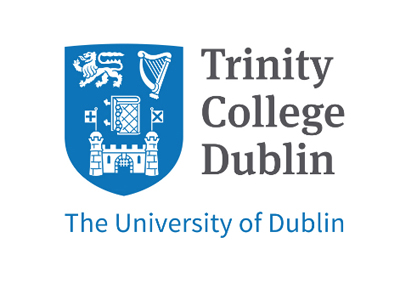Project Area: Population health research
Project Summary
Mandatory community water fluoridation (CWF) was introduced in Ireland in 1964 as a dental caries reduction measure. Caries rates have been falling in communities with and without CWF in Ireland since. Some studies suggest that the added benefit of fluoridation is declining, due to the widespread use of fluoridated toothpaste – but this can differ based on socioeconomic status. The first objective is to evaluate the role of CWF on dental health in contemporary Ireland.
Concerns about adverse effects of fluoride have been raised, including the endocrine system, bone health and neurotoxic effect on the developing brain. However, most evidence comes from endemic areas where fluoride occurs at much higher concentrations (1.5-20+ ppm) and this evidence cannot be used to make inferences about possible effects of CWF in Ireland. While the HRB review (November 2022) reported insufficient evidence on developmental implications, it emphasised the need to keep this area under review and called for methodologically strong longitudinal studies to examine this. Thus, the next objective is to verify absence of harm for systemic health in adults and neurodevelopmental outcomes in children.
Growing up in Ireland (GUI) is the nationally representative longitudinal study of children. Approximately 11,000 9-month-old infants and 8,500 9-years-old children were recruited in 2009 and are being followed up. Apart from data on socioeconomic factors and health, detailed neurodevelopmental data was collected using well-established instruments and is available for analysis.
The Irish Longitudinal Study on Ageing (TILDA) is a comprehensive and nationally representative study conducted in Ireland. It focuses on understanding the health, well-being, and social and economic circumstances of older adults in Ireland, and is well-positioned to contribute to the development of policies and interventions aimed at improving the health and well-being. The study encompasses a wide range of topics, including physical and mental health, and cognitive function. Study was launched in 2009, and over 8,000 participants were recruited.
A comprehensive CWF dataset for Ireland (1964-2016) is available and it will be linked to the GUI and TILDA using addresses and geocodes. Adjusted multilevel models will be constructed to investigate the associations between CWF exposure and outcomes of interest.
The findings of this study will help Irish state bodies critically evaluate the role of fluoridation and inform the design of future oral health and water management policies in Ireland.
Skills Required
(If applying for this project you will be asked to outline how you meet the skills required below)
Throughout the course of this PhD project, we anticipate a significant acquisition of new skills and capabilities by the student and of course further development of existing ones.
Student should have an inherent curiosity about the world and desire to grow their understanding. They should have a strong work ethic, integrity, effective time management abilities, and good communication skills, including the potential to develop good scientific writing ability. Rigorous data handling and data analysis are central to this project. Therefore, to successfully engage with this project, quantitative analytical skills – or ability and motivation to develop proficiency in these – are essential. Familiarity with statistical analysis using R is desired. The student should have an interest in outreach to the public.
Supervisory team:
Prof Lina Zgaga, PI/Primary Supervisor
Associate Professor of Epidemiology, Department of Public Health and Primary Care, School of Medicine, Trinity College Dublin, Ireland
Prof Cathal McCrory, Department of Medical Gerontology at Trinity College Dublin
Prof Michael Crowe, Dublin Dental University Hospital, Trinity College Dublin
Prof Cathal Walsh, Trinity College Dublin
This project will be based in Trinity College Dublin.


